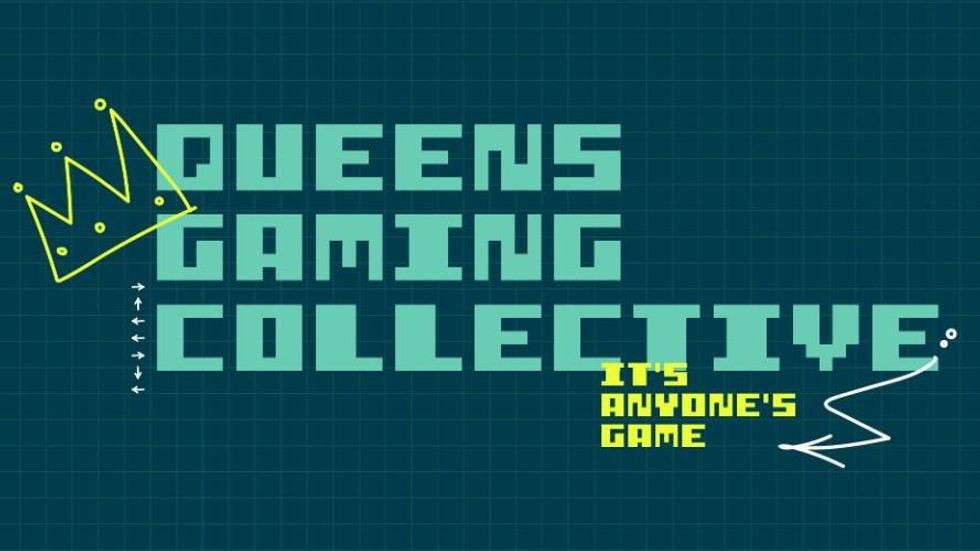Jacob Peters, the co-founder of a live-in Beverly Hills accelerator-like program, likes to think of himself as a tech community builder.
In his teens, he moderated internet community boards. After graduating college and moving to New York to work for J.P. Morgan, he ran a community for data science and AI professionals. And even in the middle of the COVID-19 pandemic, he found a way to do the same for the Los Angeles tech community.
Last year, Peters established Launch House, a creator mansion for startups much like those used for TikTok stars. The concept is about to get a bigger audience.
With $3 million in seed funding secured, the company plans to expand beyond Southern California.
Launch House hosts four-week programs where a group of around 25 tech startup founders live and work out of a Beverly Hills mansion. There, they mingle with other founders and meet potential funders – a round-the-clock networking session.
Launch House is planning to expand to New York and other locations this fall, testing his dorm-like approach to startups. The startup also has plans to start more online programs this fall aimed at entrepreneurs along with in-person sessions tailored to specific industries like cryptocurrency.
Jacobs sees this as a natural extension of his life's work.
"I guess the common thread throughout my entire life and career has been that of community building," he said.
Launch House's position in the L.A. area is uniquely positioned to let companies collaborate with social media influencers, Peters said, who are known to drop by the house.
Ashton Keys, the co-founder of the Detroit-based startup Athytic, said he typically wakes up early and spends most of the morning on calls on the House's outdoor balcony that overlooks Downtown LA. By around 5, most people typically stop working and meet up at one of the House's scheduled events, he said.
"It was really a game changer to be able to get feedback from a group of people that were extremely smart about challenges that I was having as a company, get feedback on my product, different UI updates that I can make," said Keys, whose company partners with student athletes under new NCAA rules that let student athletes profit off of their image. "And that was like my second day here."
Keys, for instance, said he was able to meet with student athletes from UCLA.
Several companies have had some level of success after finishing Launch House. Showtime, a social network for NFTs, closed a $7.6 million round of seed funding in May. Wonbo, an app that uses AI to create fake videos of celebrities singing, closed a $6 million round of seed funding in June.
Unlike typical accelerator programs, Launch House charges a flat membership fee that typically costs a few thousand dollars and member companies do not have to surrender equity in their companies. After finishing, participants have access to facilities and other programs run by Launch House.
"You basically get the chance to pitch your company in a very safe space to 15 other super smart people that all have a vested interest in helping you because they know that you're going to return the favor," Peters said. "That's sort of the culture that we've that we've built."
Amid a resurgence in COVID-19 cases, Peters said Launch House's approach to COVID-19 is "pretty rock solid": participants are required to receive COVID-19 vaccinations and guests also have to show proof of vaccination and take a rapid COVID-19 test before entering.
Launch House's round of seed funding was led by Flybridge Capital Partners and included Day One Ventures, Graph Ventures and over 100 angel investors.
Beyond simply forming business relationships, Peters said he wants to focus on making sure participants get something out of the experience. Ultimately, he wants Launch House to rival prestigious Ivy League universities in terms of its ability to churn out talent and is hoping to make the jump this year.
"We're saying, 'Hey, the first year was basically one giant experiment: we figured out what works, what didn't, we ironed out the kinks with our model,'" he said. "Our community is primed to grow."
- How the Creator Economy Is Changing Hollywood - dot.LA ›
- TikTok, Influencer Panic and the Celebrity Economy - dot.LA ›
- Launch House: Influencer Energy Meets Entrepreneurial Grit - dot.LA ›
- Startup Co-Living Concepts Are Booming in LA - dot.LA ›
- Launch House Is Raising a $10 Million Fund - dot.LA ›
- Launch House Raises $12 Million to Expand into the Metaverse - dot.LA ›
- Launch House Raises $12 Million to Expand into the Metaverse - dot.LA ›
- Launch House Adds 3 Digital Programs To Its Ecosystem - dot.LA ›
- Long Beach Accelerator Set to Welcome Fourth Group of New Companies - dot.LA ›


 veXLive Head of Programming Andy Vick and Queens Gaming Collective CEO Alisa Jacobs.
veXLive Head of Programming Andy Vick and Queens Gaming Collective CEO Alisa Jacobs. 